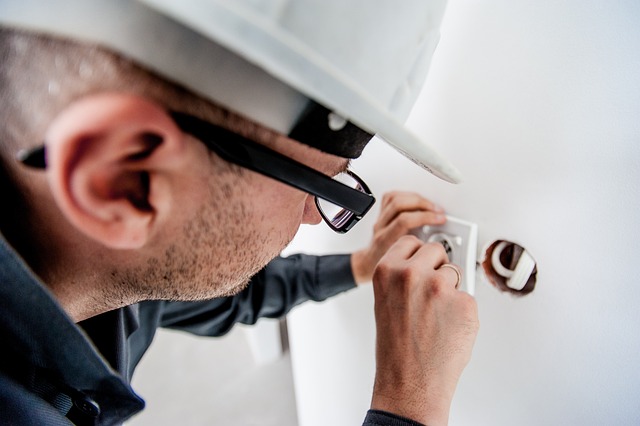An electrician is as good as the tools they use for their work. No matter how much experience they possess, having the right tools in the kit will only make their job more manageable in the long run. The best electricians do not need the flashiest tools, but having the right ones will do just fine.
However, it will always be in the best interest of the electrician to buy the most high-quality tools to provide top-quality work for their clients. The top-notch electricians tools will ensure your work is carried out smoothly and efficiently without being a hindrance.

If you need more experience with electric tools or know little about them, here are some of the best tools you must have in your toolkit as an electrician.
1. Voltage Indicator
It is one of the essential tools to determine the presence or absence of electricity. The indicator can detect AC on sockets, circuits, and other electrical components. You must use an approved voltage indicator to get reliable readings.
This tool can help save lives as even if the device seems to be malfunctioning, it still might pass the current, so you can check beforehand using the indicator. This can prevent you from being electrocuted.
2. Pliers
They are not only essential for an electrician but they are required to manage various types of wires and other elements. You can buy three pliers: traditional, long-nose, and side cutters.
- The traditional plier comes in handy when removing or stripping wires.
- Long-nosed pliers efficiently remove nails or wiggle through tight areas to find the faulty wire.
- Side cutters are only used to cut the wire to desired lengths.
3. Head torch
As an electrician, you might be called to work where people have lost electricity or have to crawl into tight spaces to find the fault wire. In such places, you need help finding the right light source. This is why you must have a head torch or some source for illumination to make it easier for you to work on the circuit board, electric meter, and other electrical components.
4. Drill
It is used for drilling holes in wood, walls, and other complex surfaces, as well as mounting screws and fasteners. The type of drill you use will depend on the task at hand; for example, a lower-voltage cordless model may be used for fastening operations, yet, for drilling into concrete, a hammer drill gives more significant impact and will drill more holes quicker.
5. Screwdrivers
You will need a screwdriver to access a circuit board through the main panel. An insulated screwdriver will be the most effective choice for that work. These screwdrivers come in plenty of sizes and different endings, so it is best to buy a pack of them for versatility and convenience.
You must have these essential tools in your toolkit as an electrician to do your job effectively.







